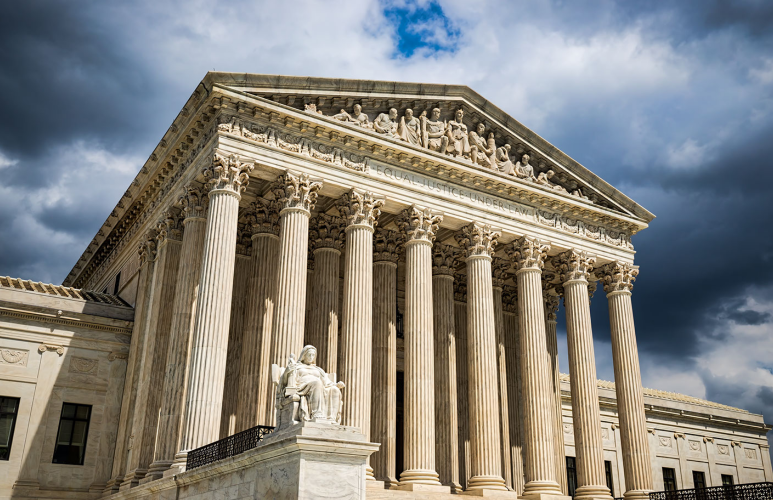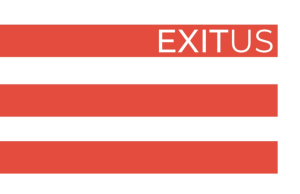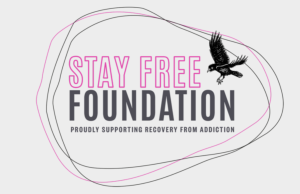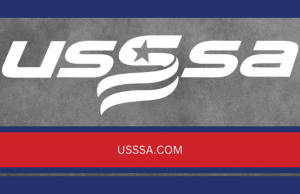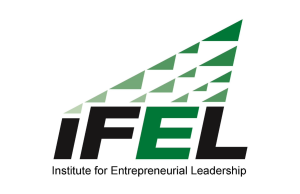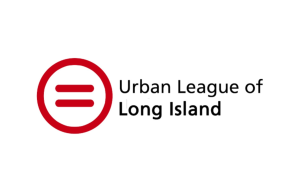Some 275 nonprofits signed on to 35 amicus briefs in support of two organizations taking the California Attorney General’s Office to the Supreme Court of the United States to fight donor disclosure requirements.
The briefs were filed Monday in Thomas More Law Center v. Becerra (Docket No. 19-255). In January, the U.S. Supreme Court granted certiorari to hear the case. The nation’s highest court consolidated two cases by the Thomas More Law Center and the Americans For Prosperity Foundation and could hear oral arguments as early as next month.
The NonProfit Alliance (TNPA), the Association of Fundraising Professionals (AFP) and PETA co-sponsored a brief with 123 organizations signing in support of the Thomas More Law Center and Americans For Prosperity Foundation. Among others filing amicus briefs were the Association of National Advertisers (ANA) and the ANA Nonprofit Federation, the ACLU, the Independent Women’s Law Center, the Philanthropy Roundtable, and the Council on American-Islamic Relations.
The nonprofits claim that compulsory disclosure is against free association rights guaranteed by the First Amendment of the U.S. Constitution and quells anonymous giving. In addition to nonprofits, 22 state attorneys general, Senate Minority Leader Mitch McConnell (R-Ky.) and the U.S. Solicitor General filed briefs in support of the petitioners.
During the early 2010s, the California AG’s Office began requiring organizations registered to raise funds in the Golden State to submit their Schedule B in confidence as part of their charitable fundraising registration. Schedule B of the tax Form 990 lists donors who have contributed more than $5,000, or 2% of total gifts, to an organization. The tax form is collected by the Internal Revenue Service (IRS) but details on Schedule B, such as names and addresses, are redacted on public copies.
Plaintiffs argue that California’s policy threatens privacy by requiring nonprofits to submit names and provide information of donors to the AG’s office, even if the information is not made public. The amicus briefs often cite the 1958 case of NAACP v. Alabama, which “made clear, the disclosure of donor names to a political office of attorney general, which increases the risk of abuse of enforcement power, could be just as devastating as that office’s leak of confidential information to the media or to the public. With the political winds of state attorney general offices shifting from term to term, fears of threats, harassment, reprisals, and even political targeting by governments for advocacy on issues of social, economic, religious, and political importance shift as well, and such risks are especially worrisome for controversial issues unpopular at the time,” lawyers for The NonProfit Alliance wrote in its brief with PETA and AFP.
CalNonprofits, the California Association of Nonprofits, has argued that state charity regulators “hold the information in confidence and only use it to investigate fraud, self-dealing and misuse of nonprofit funds.” CalNonprofits announced it’s working with Ellen Aprill of Loyola Law School and Dan Hemel of the University of Chicago Law School on a respondent’s brief supporting the AG’s position. The association has until the end of March to file it — seven days after the AG’s files its respondent’s brief, which is due March 24.
The case has gone back and forth through appeals courts for at least the past five years. Americans for Prosperity Foundation won a permanent injunction in 2016 which was appealed and in 2018 the U.S. Court of Appeals for the Ninth Circuit ruled that the donor reporting requirement does not violate the First Amendment. That led to the petitions asking the Supreme Court to review the decision.

